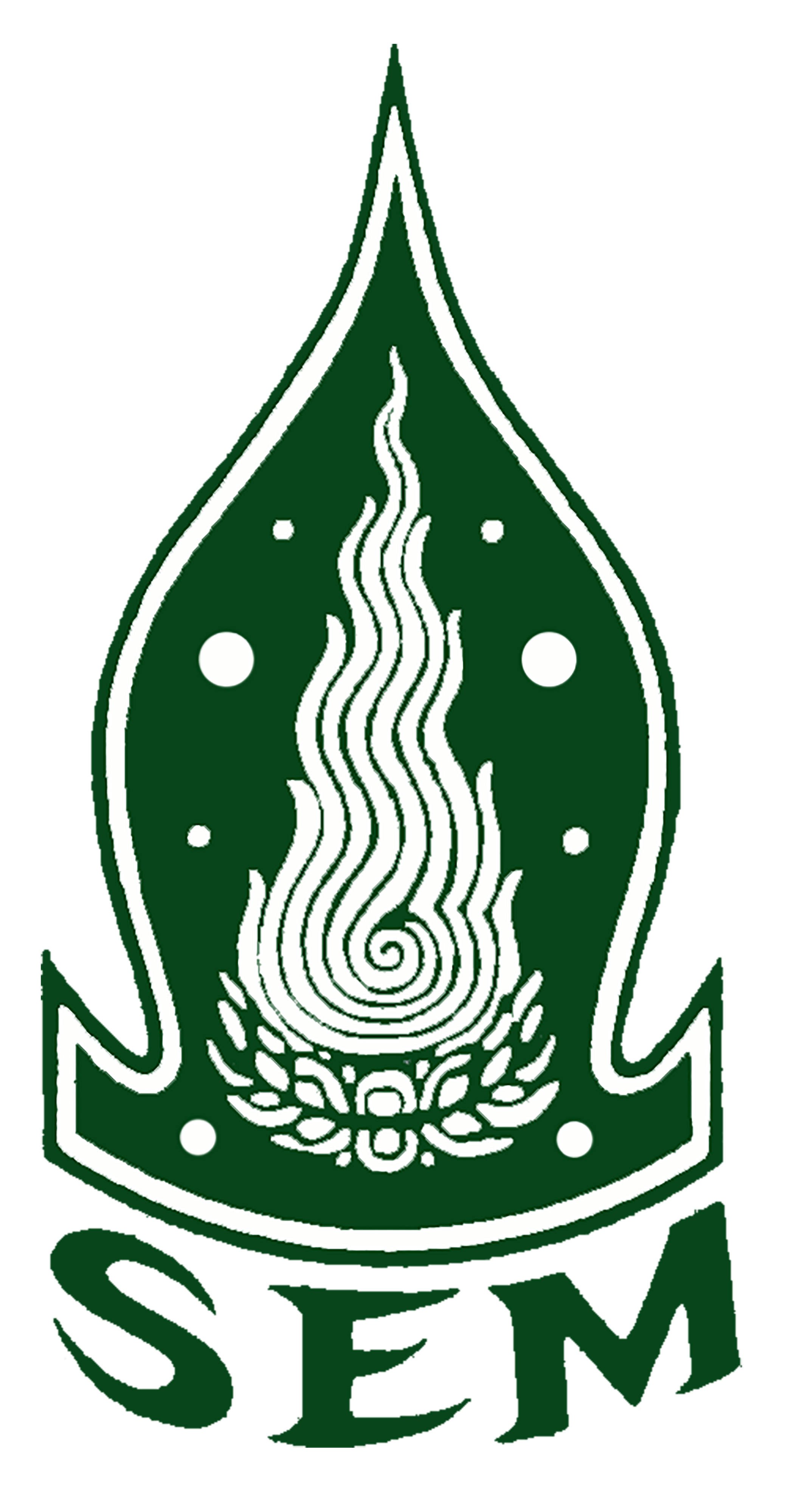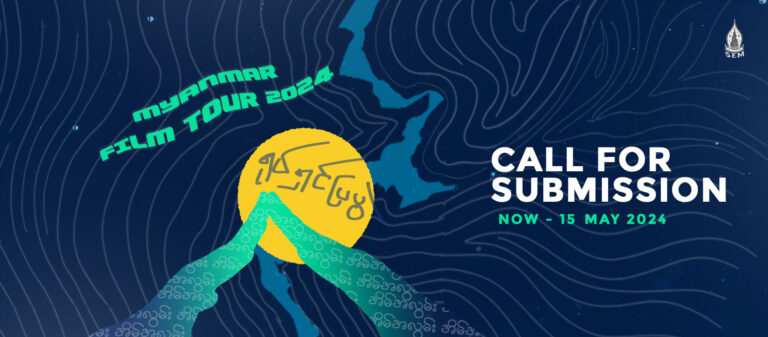Since 1996, SEM has been committed to empowering grassroots and civil society actors in Myanmar to build a movement of people that empowers local communities to address their own needs in a participatory and sustainable manner. Activities have been centred around SEM’s educational approach of expanding worldviews and values, primarily through the Grassroots Leadership Training (GLT) programme (1996-2012). This has targeted over 500 civil society and community leaders, mainly from grassroots and faith-based organisations, religious institutions, and LDO’s/NGO’s. Besides transformative learning, the programme has also facilitated strong networking among alumni organisations, building platforms for shared learning, planning and action at multi-levels. These networking platforms have been strengthening collaboration and building synergy among a wide range of civil society organisations (CSO), to contribute to shaping a sustainable and resilient society through community mobilisation, practical action and advocacy.
SEM has also collaborated in parallel programmes in Myanmar:
Coalition for the Promotion of Monastic Education: Engaging with monastery-based schools to enhance their roles as community centres for the promotion of democratic, holistic, and culturally relevant education and community development.
Cross-ethnic Integration in Andaman: An 8 year project working with migrant workers from Myanmar in Southern Thailand to improve their quality of life and relationships with Thai communities, and promote rights, governance and accountability.
Localisation and New Phase of SEM
Emerging from this work and within the changing political landscape, an opportunity was taken in 2013 for localising SEM’s Myanmar programme. As a result, the on-going GLT programme is now being managed independently by the local team, who have formed an independent organisation, Gaia Sustainable Management Institute (GSMI). SEM has since redefined its role as an external regional organisation, and explored how best to continue supporting civil society in Myanmar during times of political and economic transition. This work continues to be guided by an understanding that the dominant model of development – which Myanmar is now unquestioningly following – focuses on economic growth without adequate consideration of environmental integrity, social justice, cultural diversity, and peoples’ wellbeing. The impacts of this development model have already contributed to multiple pressures and negative impacts for many communities, who have also yet to see any benefits from political changes that have taken place.

SEM’s new programme phase was informed by this wider context, and has sought to provide space and support for developing sustainable alternatives and peace initiatives. This new programme phase has continued to use SEM’s transformative educational approach to empower civil society through the focusing on two thematic areas: Peacebuilding, and Governance and Community Rights. Target groups were identified not to overlap with the on-going GLT programme, and have included the Sangha and Buddhist youth, and CSO’s working in areas impacted by large-scale extraction projects (mainly in ethnic minority areas). Key activities and outcomes have been:

| Peacebuilding | |
| ACTIVITIES • Public Forums on peace issues and roundtable discussions with key intra- and inter-faith stakeholders, especially on religious violence • Regional exposure visits and perspective development for Sangha leaders • Capacity building with Buddhist youth and supporting extended peacebuilding efforts within their own communities • Integrating wider Buddhist perspectives into religious conflict through regional networking platforms with sister organisation, INEB | OUTCOMES • Contribution to emergence of interfaith groups engaged in early warning, and raising peacebuilding as an issue for public discussion • Raising regional awareness of positive efforts being made to reduce religious violence • Starting dialogue with moderate and conservative Sangha through intra-faith channels • Increased confidence among youth through initiating and engaging in conflict resolution activities within their own communities • Wider networking among youth and Sangha across the countryfor mutual support in socially engaged activities |
| Advocacy and Public Policy | |
| ACTIVITIES • Exposure visits and forums on investment issues (dams, coal, SEZ) and lessons learned from Thailand • Awareness raising on Gross National Happiness to influence public policy • Community-led Health Impact Assessment activities | OUTCOMES • Expanding CSO networks across border for on-going support and collaboration • Introduced alternatives to economic liberalisation to political and interest groups • Lessons learned by various CSOs on investment impacts and alternatives • Pilot model developed for community participation and advocacy regarding investment projects |
| Dawei Investment and Community Rights | |
| ACTIVITIES • Collaboration in public forums on investment issues and community rights in Myanmar • Capacity building for community leaders and youth from areas impacted by large investment projects • Cross-border collaboration among CSOs to support impacted communities • Use of legal mechanisms through National Human Rights Commission (Thailand) for rights redress of impacted communities • Collaborative research and report on Impacts of the Dawei SEZ on communities • Media engagement with Thai, Myanmar and Japanese media on Dawei SEZ and its impacts • Exploring future community-based solutions through sustainable tourism and sharing cross-border knowledge | OUTCOMES • Contribution to changes in the Dawei SEZ master plan through community and civil society capacity building and networking, media releases and reports, and increasing public awareness • Successful lobbying and advocacy, and community learning through the NHRC Fact Finding and Public Hearing process • Increased engagement and capacity of CSOs and community actors • Strengthened network at local, national and regional levels with common goal and strategy realised • Cross-border awareness raised and commitment to support Dawei issues by Thai civil society networks • Increased emphasis and awareness on DSEZ impacts from media reporting in Myanmar, Thailand and Japan |






